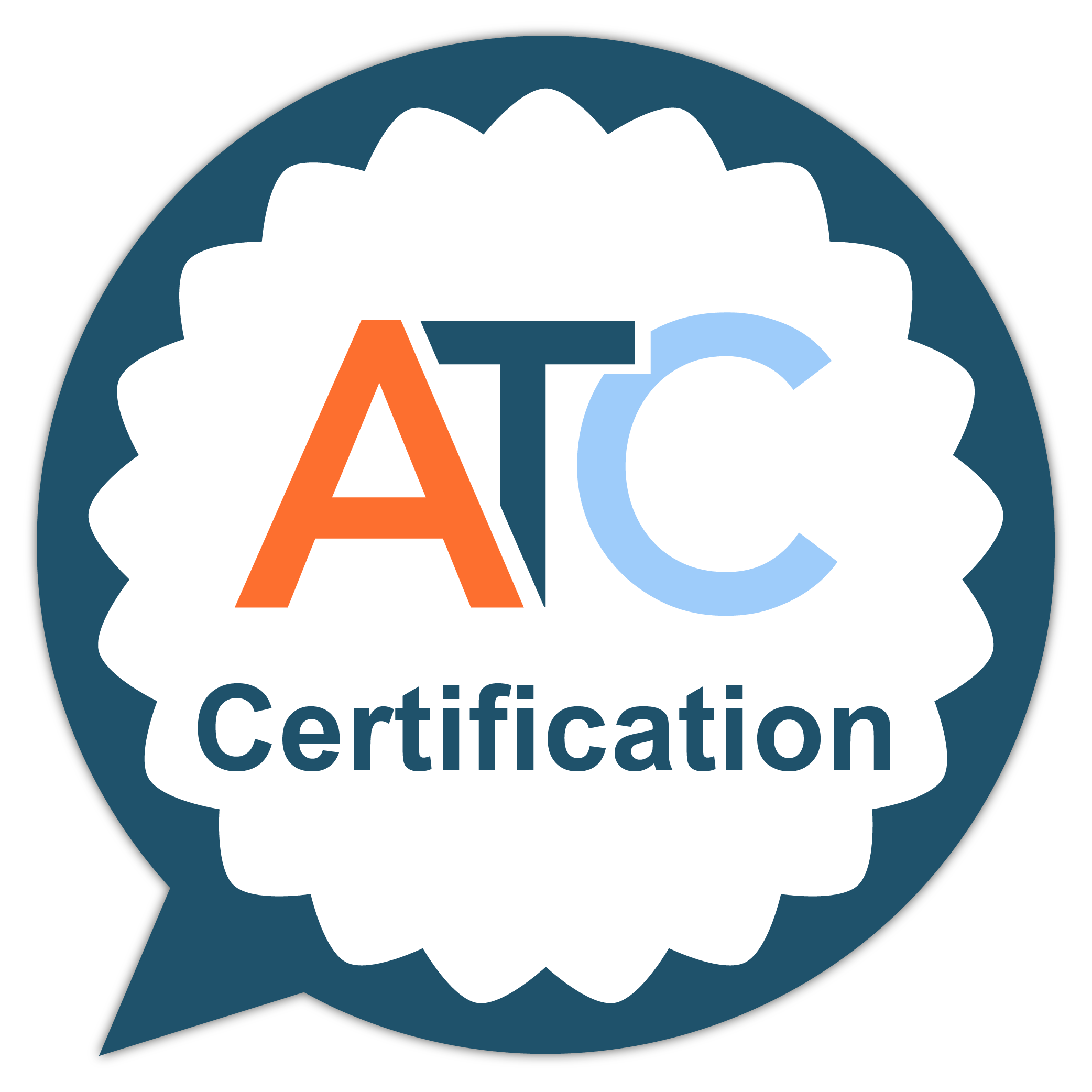
Clarice Streets a quality management and compliance consultant and ATC Certification auditor specialising in the pharmaceutical industry, based in the US.
In this blog, Clarice talks about bringing her experience and insights from the pharmaceutical industry to the localisation space, and how ISO standards help companies working with clients in regulated industries demonstrate their compliance.
Tell us about your background
I started my quality management journey in the pharmaceutical industry, so most of my experience is from a very highly regulated space. From there, I made a very non-traditional switch to working in a localisation company focusing on life sciences.
Before setting up my own consultancy and joining ATC Certification as an auditor, I had the privilege of building RWS Life Sciences’ quality management systems, and steering the company through its ISO audits and certification.
The scary stuff: an unregulated industry
I have to admit, it was scary at times, leaving a very black-and-white regulated industry and coming into the unregulated language services industry, but still working with the same high-risk, very critical content with huge potential business and safety implications.
The lightbulb moment for me was in realising that regardless of the industry, the principles of quality management are the same. Whether you’re making or marketing drugs, or translating documents for marketing, regulatory submissions, or clinical research, implementing robust quality management processes will always be worth your while and generally follows the same principles.
Where the skill of the quality manager at an LSP specialising in the pharmaceutical industry comes into play is in calibrating controls to appropriate levels, mitigating risks, and understanding and applying fit-for-purpose processes with the audit trails and objective evidence of compliance that are non-negotiable requirements for regulated client companies.
Lessons from the other side
Today, I support my consultancy and ATC Certification clients in implementing ISO standards ranging from ISO 9001 to ISO 17100 for translation services, and ISO 13485 for medical devices, as well as quality system and compliance consulting and auditing for globally regulated companies.
What I see very clearly now is that ISO standards, especially the quality management and process standards we see in the LSP space, are intended as a starting point for continuous process and quality improvements.
In a regulated industry such as the pharmaceutical one, the focus is much more on fitting into a very tightly controlled box. On our side, we can – and should – focus on implementing the standards in a way that supports and improves business activities, not just to gain certification for marketing purposes, or to pass a client audit.
What about ISO 13485?
Many language service companies working with clients in regulated industries recognise the need to align themselves with their clients’ standard requirements. For medical devices, one of those standards is of course ISO 13485.
With ISO 13485, I think you’ve got to learn how to walk before you can run, so you have to look at implementing a really good quality management system first.
As quality management system standards, ISO 9001 and 13485 have a lot in common, but with 13485, you also need to consider what additional controls can and should apply to your language service operations.
A core question around 13485 is the requirement for the validation of your quality management system. What does that mean for you and your clients? What does software validation mean for your clients? It’s definitely something different in the regulated space than in other localisation work, and pretty heavy at that.
But regardless of the standards you go for, to me, the real benefits come from implementing the right ISO standards that make sense and add value to your operations.


